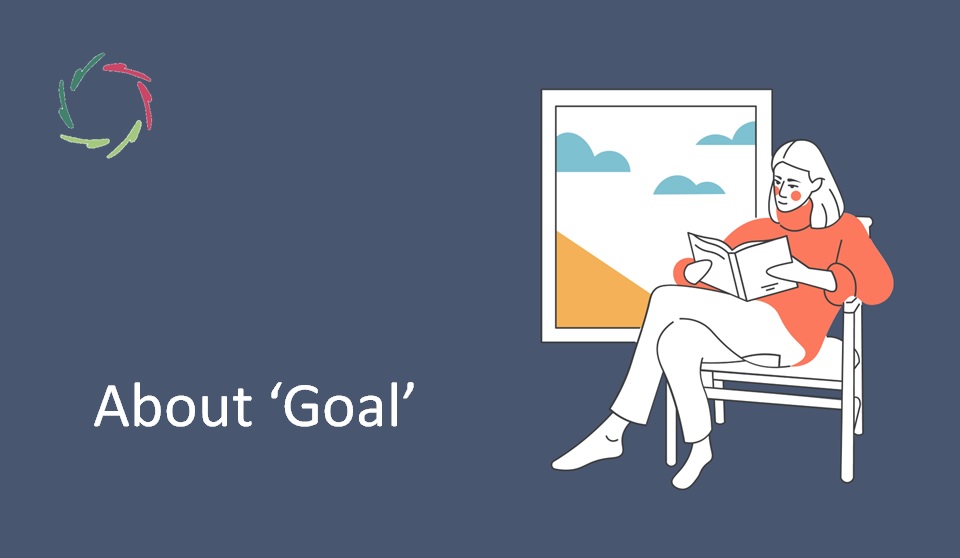What is ‘Dying too Soon’?

Nobody really wants to die too soon except in an act of suicide.
Too soon?
An accident, an illness, a homicide — there are many obvious ways of dying too soon. There are also less obvious ways. Are these, therefore, less important?
Dear reader, it’s interesting to stay focused on this question for a while now.
So, what is ‘dying too soon’?
In time: one decade, one year, one month — what is too soon? What would it be for you?
In cause: dying a highly or less highly preventable death — what is too soon? What would it be for you?
Very different individually and subjectively
Even thinking about it may change one’s perspective. Many meaningful factors play together. What is life worth? What is worth to die for?
When is the question asked?
Moreover, taking the subconceptual layers of mind into account, one can see that our feelings towards ‘dying too soon’ are influenced by deeper, non-conscious patterns of thought, which can be addressed through introspection and Compassionate self-awareness.
So, is to ‘save a life’ also different case per case?
That would make the ethical side of it quite complex — even more so in comparing a life to a life. Can one reduce that to a formula with quality and longevity as factors?
The Compassionate stance is not a formula.
It is certainly not against the facts but it cannot be confined to conceptual, factual information. Most of what is crucial to Compassion is subconceptual — akin to poetry.
The driving force – also of human motivation – is this deeper layer — better said, inner mindscape.
This is nowhere more directly pertinent than in matters of life and death.
AURELIS in this
The philosophical underpinnings of AURELIS provide an enriching layer to this discussion, emphasizing the importance of Inner Strength, Compassion, and the integration of the mind and body. This offers a Compassionate perspective on the topic of ‘dying too soon,’ highlighting a deeper understanding of what it means to live a meaningful life.
Mind-related illness and death
The prior may make one sensitive to what is actually going on in an environment that stays stuck in mind-body dualism. Namely, this staying-stuck leads to an immense amount of dying too soon.
Otherwise said, (this is, waking up to who we really are) can save millions of lives — yearly.
Moreover, one can find opportunities in this for profound personal development, a more nuanced appreciation of life’s transient beauty, and valuable insights into coping with the fear of dying, navigating life’s most challenging questions with grace and Compassion.
It invites a thoughtful exploration of what it truly means to live and die.
Then why is it not done?
Sheer ignorance? Vested interests? Active denial? Insurmountable Eigenangst? Societal undercurrents?
Maybe all of this.
Here’s a huge task for Compassionate A.I., especially in view of the present danger from its counterpart.


